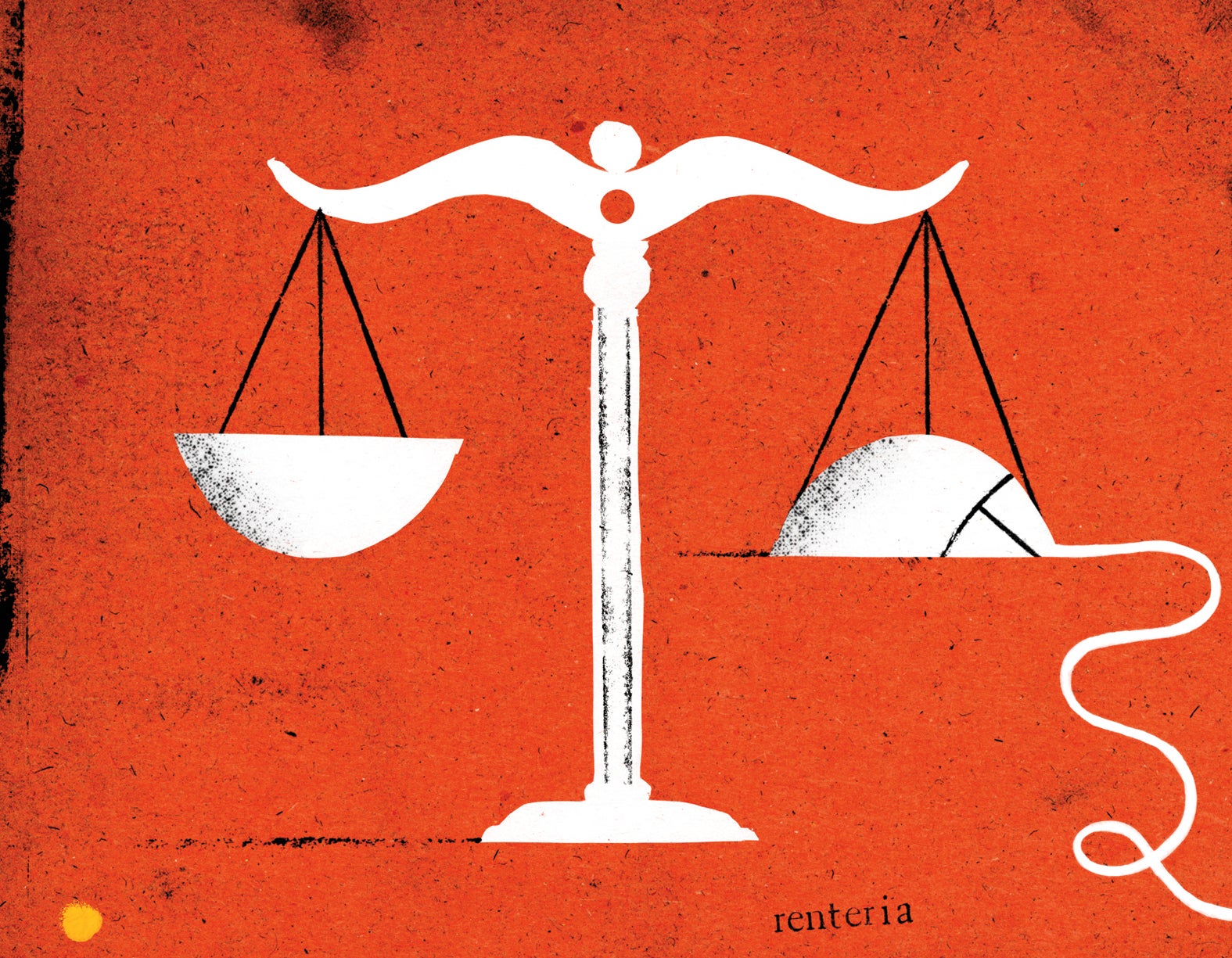Last year, during Admitted Students Weekend, Professor Jonathan Zittrain ’95 was slated to give a talk on cyberlaw. For Ona Balkus ’13, the topic was not high on her list. Yet she was surprised to find that this presentation “ended up being the session that I went home and told my family about and that got me really excited about starting law school,” says Balkus. This year, when the school offered iLaw, a crash course on cyberspace, she registered.
iLaw: Internet Technology, Law, and Policy, an intensive, four-day, presemester course run in September by Harvard’s Berkman Center for Internet & Society, drew an unusual mix of students and professionals. About three-quarters of the students were from HLS, but there were also engineering students, policy students from the Kennedy School, and a few from Stanford and MIT. The professionals included academics, lawyers, company and foundation representatives, technologists, activists and policymakers. Participants hailed from Kenya, Egypt, Italy, Japan, Switzerland and Brazil. All told, there were about 200 attendees.
With its rich mix of lectures, panels and lively class discussions—facilitated by electronic question tools and a Twitter feed—iLaw felt like a band of swaggering explorers surveying an untamed frontier. In his kickoff lecture offering a history of cyberlaw, Zittrain contrasted the quaint concerns of the Net’s early days—exemplified by lawyerly email policies for businesses—with today’s focus on freedom, power, control, security, openness and democracy. Professor Lawrence Lessig tied his theory of cyberspace, in which the Internet is influenced by law, norms, architecture and the market, to threats to intellectual freedom by a political system beholden not to the people, but to its corporate funders. Professor Yochai Benkler ’94 championed a globally decentralized, open Internet against self-serving political and corporate forces. Professor John Palfrey ’01 presented empirical research documenting Internet access constraints, censorship, and surveillance around the world, and moderated a discussion about the Arab Spring. Along the way, telling Internet moments were up for consideration, including authoritarian crackdowns on subversive bloggers, video mashups versus copyright law, and the role of Internet satirists in the Tunisian revolution.
iLaw attendee Justin Tresnowski ’13 says he feels inspired to take more courses in law and the Internet. “I’m interested in how you balance the openness and potential for creative production with the security threats that come with openness,” he says.
Annmarie Levins, an associate general counsel for Microsoft, was fascinated by Internet-spawned innovations and experiments. These include digital humanities, an approach to scholarship that encourages cross-disciplinary collaboration, and extraMUROS, an open-source tool that will power the Digital Public Library of America, an ambitious Berkman initiative.
When iLaw was first offered in 2001, it was aimed at professionals and practitioners, like Levins, and was held biannually in spots around the globe. According to Urs Gasser LL.M. ’03, the Berkman Center’s executive director, the new seminar reflects changes in the field: “Thematically, things have changed and developed over the years, which has to do with the Berkman Center being even more interdisciplinary than six, seven, eight years ago. But also, because the field is more mature, ‘Internet studies’ means something different than 10 years ago.”
